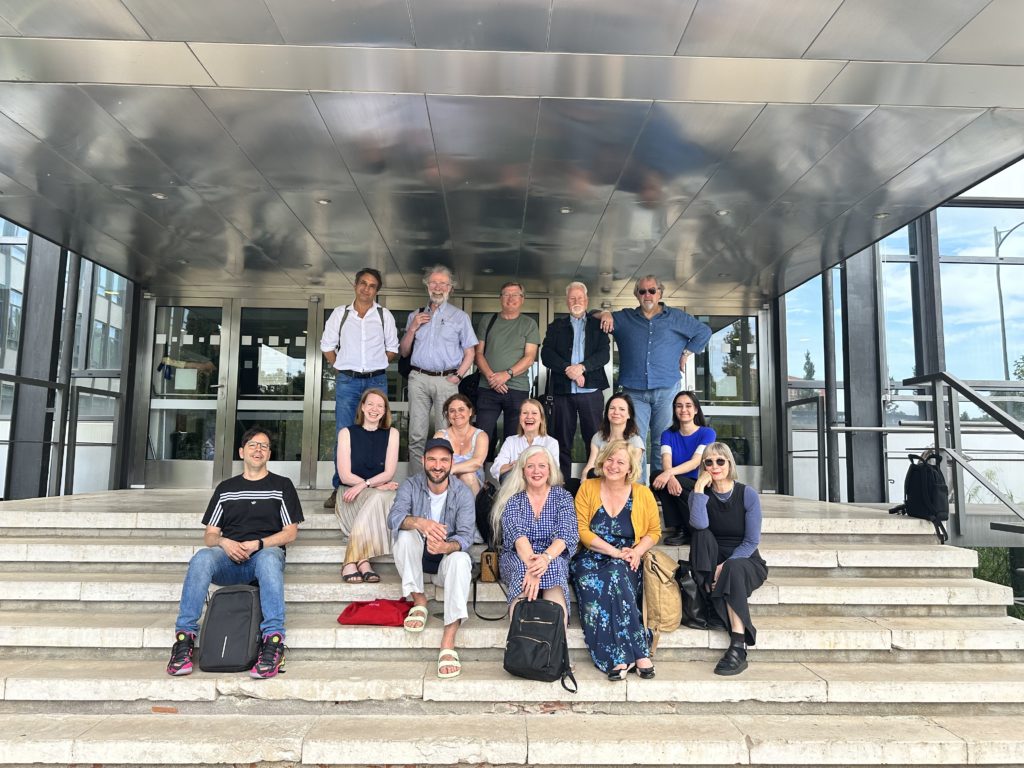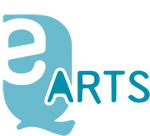Do students enrolled in higher education around Europe develop the competences they need? Are study programmes delivering their promises? Can we learn to compare student's achievements in different countries in a meaningful way?
EQ-Arts is proud to be partner in the EU-funded project, called CALOHEX, which aims to find the answers to these questions by developing the infrastructure that will eventually make it possible to test bachelor and master students’ performance Europe-wide across a range of fields in a way that satisfies the needs of the various stakeholders in the European higher education community.
The project covered five subject areas, representing six significant academic fields / subject areas (academic domains):
- Business Administration (Social Sciences)
- Information and Communication Technology (ICT) (Natural Sciences)
- International Relations (Humanities/Social Sciences)
- Medicine (Health Care)
- Occupational Therapy
- Creative and Performing Arts and Design (Humanities/Arts)
Together with the TU Dublin, EQ-Arts coordinated the subject area of the Creative and Performing Arts and Design (CPAD). At the end of the project, the group presented two large bodies of knowledge.
Firstly, this SAG reviewed and enhanced the Subject Area Qualifications Framework for the Bachelor (level 6), Master (level 7) and PhD (level 8) based on 8 different dimensions. The aim was then to assist in the development of programmes within the CPAD area and thoroughly inform students of what to expect from their prospective learning experience.
Subsequently, the general framework has been adapted into Qualification References Assessment Frameworks for the Design, Film, Fine Art, Music, and Performing Arts sectors. Such documents allowed each discipline to expand on its specific learning outcome and enabling the use of these frameworks as assessment tools.
The students' learning experience was at the core of the work carried out by the CPAD group. While keeping in consideration the rapid changes occurring within our society and communities, the group strived to support students in becoming creative mediators and producers.

The CALOHEX project is a follow-up of the project CALOHEE that was implemented in 2016-2018. It intends to develop Qualifications Reference Frameworks and Assessment Reference Frameworks in the five academic fields mentioned. These used the same methodology, but they were tailored to the characteristics of each subject area and domain, taking into account the diversity of missions, orientations and profiles of universities in Europe and their various degree programmes.
The project is funded by the ERASMUS+ Key Action 3: Forward Looking Programmes.
The following partners will coordinate the five subject area groups involved:
TU Dublin (IE) - Universidad de Deusto (ES) - Università di Bologna (IT) - Vilniaus universitetas (VU) (LT) - Vytautas Magnus University (VMU) (LT) - Stichting EQ-Arts (EQA) (NL) - University of Groningen (NL) - Universidade Aberta (PT) - Universidade de Coimbra (UC) (PT) - Umea University (SE)
The CALOHEx Consortium consisted of the following associations and organisations:
European Student Union (ESU) - European Association of Institutions in Higher Education (EURASHE) - European Consortium for Accreditation in Higher Education (ECA) - Stichting NUFFIC - Education for an Interdependent World (EDIW) - European Alliance for Subject-Specific and Professional Accreditation an Quality Assurance (EASPA) - FEANI. University networks: Coimbra Group - Grupo Santander – UNICA – Utrecht Network - Compostela Group (CGU).
The Advisory Board was composed of:
European University Association (EUA) - European Association for Quality Assurance in Higher Education (ENQA) - European Quality Assurance Register for Higher Education (EQAR) - European Network for Accreditation of Engineering Education (ENAEE) - Federal Institute for Vocational Education and Training (BIBB) - European Association for International Education (EAIE).

